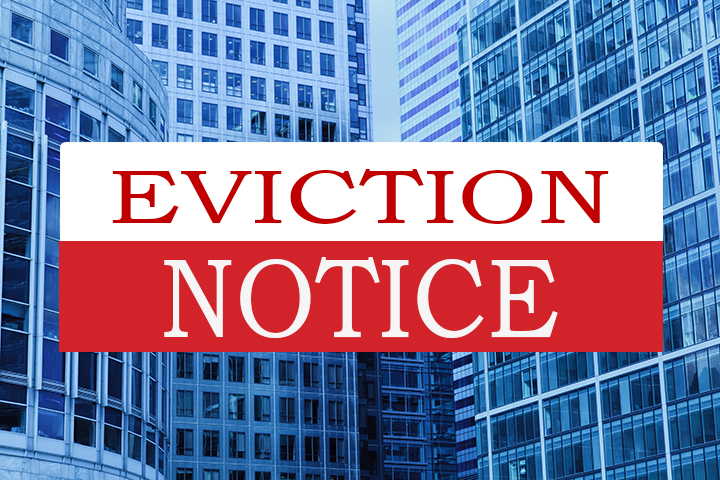Commercial Evictions in Florida: What no Landlord Wants to go Through, but What Every Landlord Needs to Know, Part 3: The Complaint & Available Damages
Reading Time: 4 minutes
Parts one and two of this commercial eviction blog series have looked at the process for initiating an eviction when a tenant defaults on payment of the rent or other terms of its lease, and the many statutory requirements for the process. As a landlord, you should also be aware of:
- information that needs to be in your complaint;
- the difference between obtaining possession and obtaining damages;
- the measure of damages; and
- other details of the eviction process.
Who Can Sign An Eviction Complaint?
Your agent or even a non-attorney is permitted to sign a complaint for commercial evictions due to non-payment of rent. This is unique because typically, if the plaintiff’s agent signs a Complaint and he or she is not a licensed attorney, then the signing can constitute an unlicensed practice of law.
The eviction complaint needs to allege that:
- a landlord/tenant relationship existed;
- that there was non-payment of rent or some other default under the lease; and
- that the requisite notice was provided.
The landlord also needs to attach a copy of the lease to the complaint.
Comparing Basic and Hybrid Commercial Evictions
In a basic eviction proceeding, the landlord solely seeks possession of the premises. But in a hybrid eviction proceeding, the landlord seeks possession as well as payment for back-due rent and/or other monetary damages. In evaluating the eviction:
- consider whether you can accelerate rents?
- consider whether to seek payment for the remaining payments due under the lease?
Most commercial leases have terms longer than one year. Therefore, an eviction stands to leave you holding a contract with a lengthy unexpired term. Many commercial leases allow a landlord to accelerate unaccrued rent upon the tenant’s default.
However, acceleration is not provided for under any Florida statute. Consequently, the lease must contain an acceleration clause in order for you to accelerate rents. Absent an acceleration clause, you will be unable to recover the rent due after the tenant has been evicted from the premises.
Furthermore, if you are able to re-let the premises, the accelerated rent owed by the former tenant will be offset by rent collected from the new tenant. You may also be entitled to special damages, such as costs incurred in re-letting the premises.
Cost To Restore The Premises
Florida courts have found that where there is a lease provision requiring the tenant to surrender the premises in good repair, the landlord can recover the cost of restoring the premises if the tenant has left it in disarray or damaged. Additionally, you can recover increases of real estate tax costs and insurance premiums, but only if the requirement to pay those charges is indicated on the lease and the tenant has failed to pay them.
In some instances the tenant’s breach of the lease is willful or reckless. The result is that you may be entitled to punitive damages. However, this will usually only occur in unique circumstances.
Mitigation Of Damages
Mitigation of damages also becomes important in a commercial eviction. Florida law does not require you to mitigate your damages unless you retake possession of the premises for the tenant’s account. Nonetheless, most judges are reluctant to hold tenants liable for vacant, unused commercial premises. As a result, landlords are wise to mitigate their damages by at least trying to re-let the premises. Not only will mitigation potentially offset your damages, but the court will also look upon it favorably.
Conclusion
These are all important considerations when drafting an eviction complaint. The next blog post in this series will look at the landlord’s remedies when evicted tenants leave property behind on the premises after commercial evictions.


